
The Hailo-8 processor powers two new modules. Source: Hailo Technologies
Major chip makers are not alone in offering products to help developers build artificial intelligence into edge devices such as mobile robots. Hailo Technologies Ltd. today launched the M.2 and Mini PCIe modules, which it said can perform better than competing chips, can be integrated into standard frameworks, and can enable a variety of smart machines, including robots.
Tel Aviv, Israel-based Hailo was founded in 2017 by members of the Israel Defense Forces’ elite technology unit. The company claimed that its Hailo-8 processor can perform deep learning tasks such as object detection and segmentation in real time with minimal power consumption, size, and cost. Earlier this year, Hailo raised $60 million in Series B funding and partnered with Foxconn Technology Group and Socionext Inc. to produce the latest generation of Boxiedge. Investors include NEC and ABB.
The startup claimed that its AI modules can help developers and users of edge devices that are both high-performing and cost-effective. For example, fanless AI edge boxes are in high demand because they allow many cameras or sensors to be connected to a single intelligent processing device in outdoor deployments, it said.
“For a project manager building a robotics application, there have not been many choices for what they can integrate into a solution,” said Liran Bar, vice president of business development at Hailo. “We offer a structure-defined dataflow architecture, built out of memory, control, and compute resources distributed in an efficient and flexible way. Our innovation comes from the architecture, not using dedicated memory or highly advanced nodes.”
Comparing AI modules
Hailo said its processor compares favorably with competitors in terms of frames per second (FPS) across multiple neural network benchmarks. Based on published figures, Hailo said its AI modules have a FPS rate 26 times higher than Intel’s Myriad-X modules and 13 times higher than Google’s Edge TPU modules.
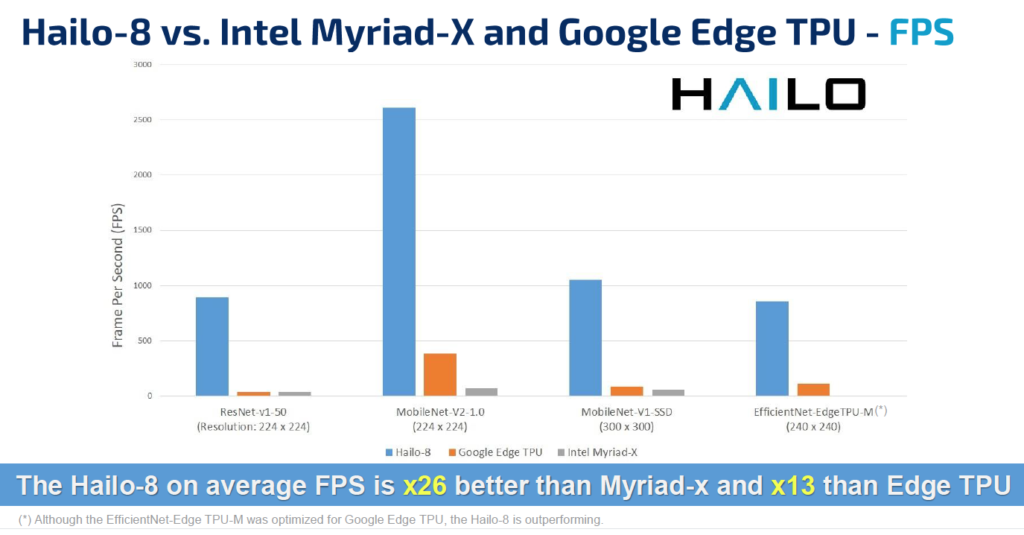
Hailo-8 versus published benchmarks for the Intel Myriad-X and Google Edge TPU. Source: Hailo
“NVIDIA is good for proofs of concept, but users face challenges with power, size, and cost,” Bar told The Robot Report. “On the software side, we provide the drivers for x86 or any embedded device.”
The Hailo-8 M.2 module is already integrated into the next generation of Foxconn’s BOXiedge, with no redesign required for the printed circuit board (PCB) and provides market-leading energy efficiency for standalone AI inference nodes, said Hailo.
“The integration of Hailo’s M.2 AI module into our BOXiedge is revolutionizing our next-generation edge computing devices and will enable us to continue supporting our mission to create innovative, efficient, and competitive products for the electronics industry,” said Dr. Gene Liu, vice president of the Semiconductor Subgroup at Foxconn. “Hailo’s M.2 and Mini PCIe modules, together with the high-performance Hailo-8 AI chip, will allow many rapidly evolving industries to adopt advanced technologies in a very short time, ushering in a new generation of high performance, low power, and smarter AI-based solutions.”
Hailo said its AI acceleration modules also integrate into standard frameworks, such as TensorFlow and ONNX, which are both supported by Hailo‘s comprehensive Dataflow Compiler. Customers can easily port their neural networks into the Hailo-8 processor, ensuring high performance, enabling smarter AI products, and accelerating time to market, claimed the company.
With the Hailo-8 AI processor delivering 26 Tera Operations Per Second (TOPS) and power efficiency of 3 TOPS/W, the modules can be plugged into any existing edge device with the appropriate M.2 or Mini PCIe sockets, said Hailo. This helps deliver high performance while reducing latency and improving privacy, it said.
“We don’t need to convince users of the need for AI; we just need to demonstrate better performance,” said Bar. “We offer a newer module than Intel or Google, and for a customer like Foxconn to change, these are not theoretical numbers. We feel very strongly about what we’re doing, which is why we’re comparing our modules with publicly available information.”
“Intel’s investment in Habana or NVIDIA’s purchase of Arm will not have any impact on Hailo because Arm has controllers, but no AI on the edge,” he added. “Their impact will be on the cloud, while we have a dedicated solution for edge applications based on neural networks.”
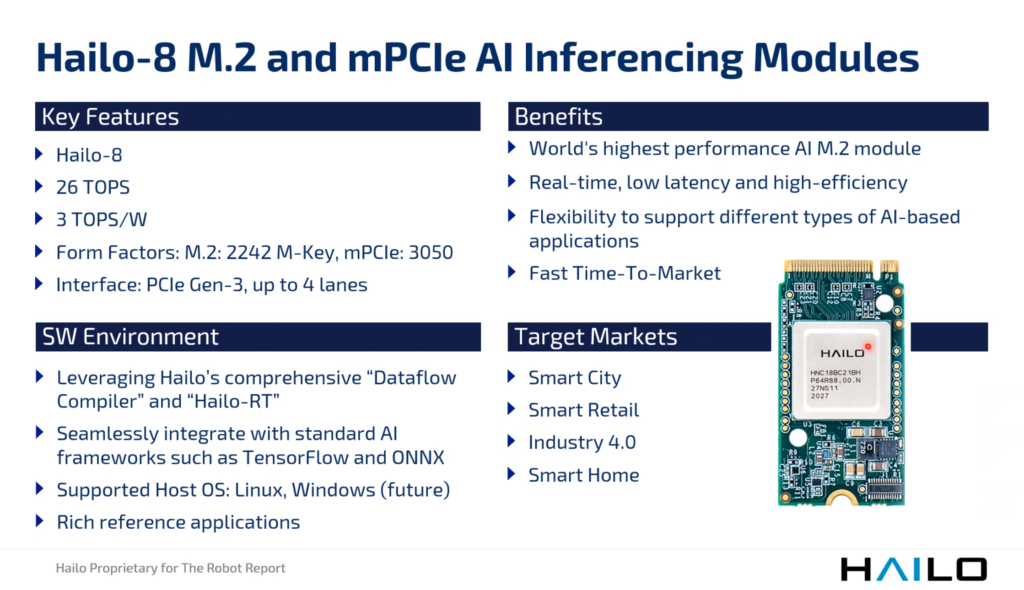 Hailo-8 intended to accelerate time to market
Hailo-8 intended to accelerate time to market
Hailo said developers can plug its new AI modules into edge devices for a variety of sectors including automotive, Industry 4.0, healthcare, smart homes, smart cities, and retail. The M.2 and Mini PCIe modules can optimize time to market with a standard form factor, it said.
“Manufacturers across industries understand how crucial it is to integrate AI capabilities into their edge devices,” stated Orr Danon, CEO of Hailo. “Simply put, solutions without AI can no longer compete.”
“Our new Hailo-8 M.2 and Mini PCIe modules will empower companies worldwide to create new powerful, cost-efficient, innovative AI-based products with a short time to market — while staying within the systems’ thermal constraints,” he said.

Source: Hailo
The Hailo-8 AI modules are already being integrated by select customers worldwide. “We’re already in production with some customers, and samples are now available,” Bar said. “We expect to go into mass production in the second half of 2020.”
“When we engage with customers, they have the options of the development platform, debugging tools, and direct support,” he added.
More information on the Hailo-8 M.2 and Mini PCIe AI modules can be found here.


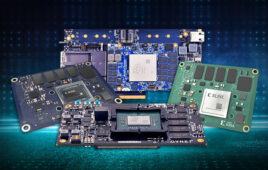
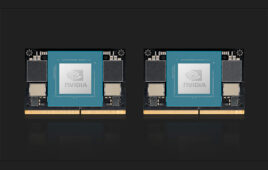
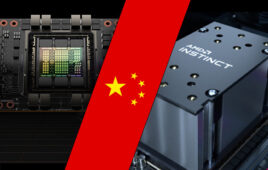
Tell Us What You Think!